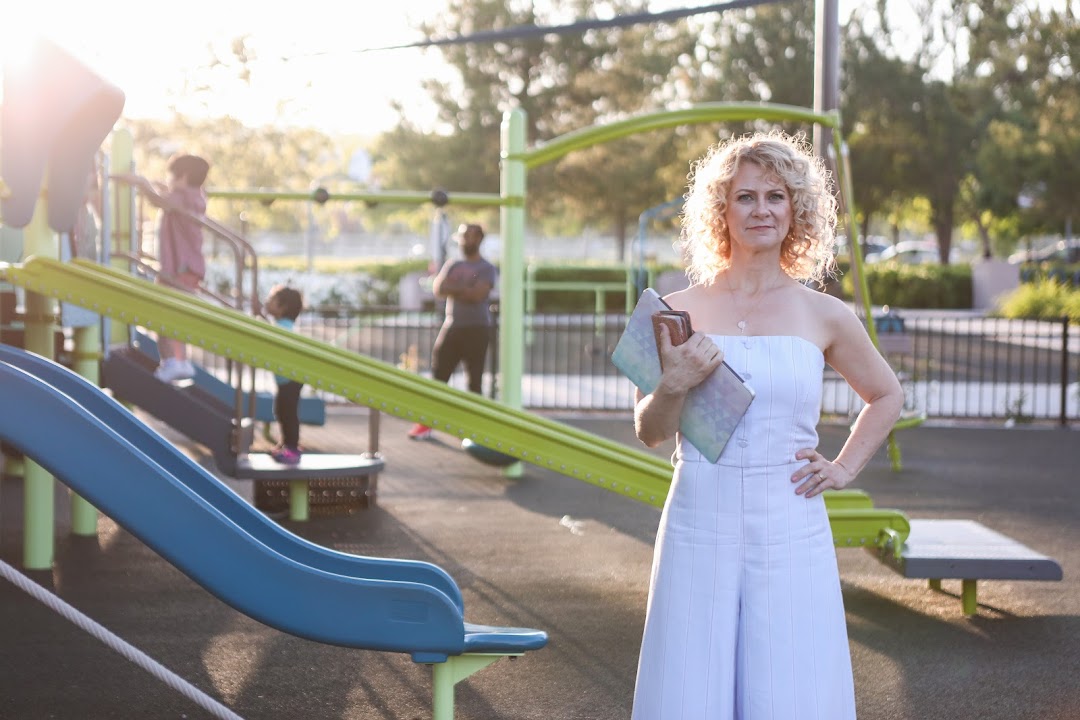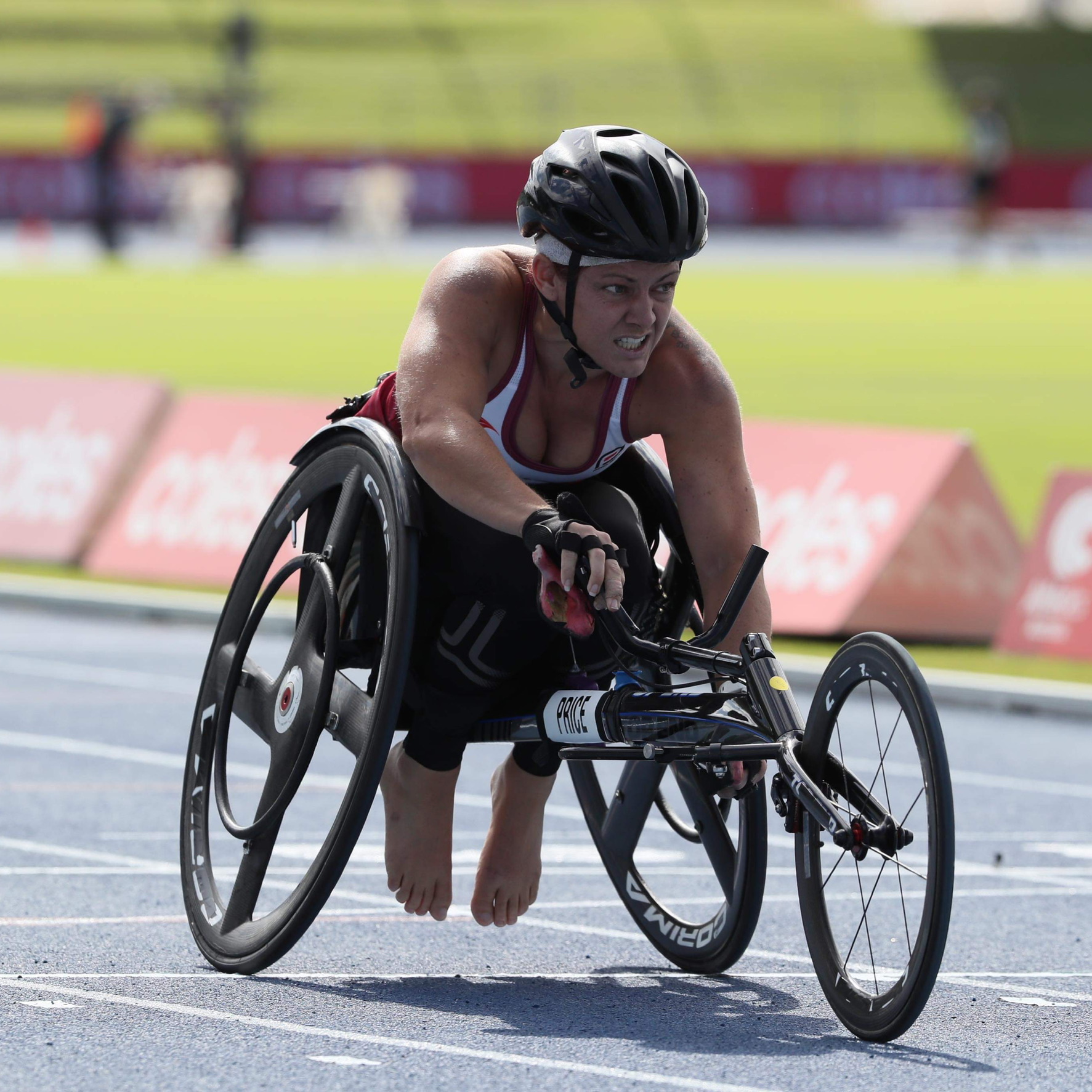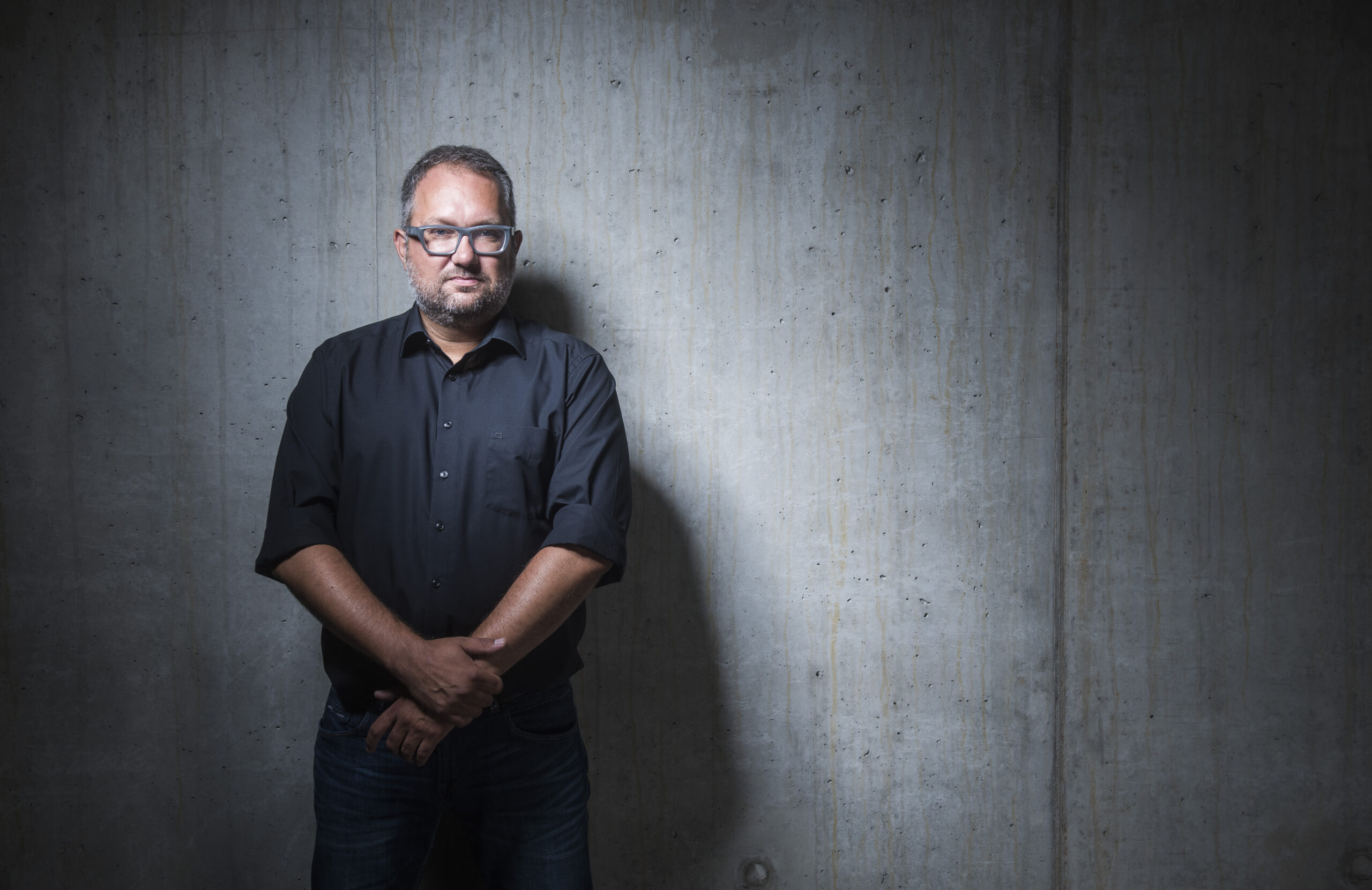Changing the way the world sees HIV/AIDS
Having lived with the HIV her whole life, Doreen Moraa Moracha is determined to educate the public and stop the stigma attached to the viral infection. Her hope is that this will lead to more people taking preventive measures, getting tested and receiving early treatment – ultimately ending the AIDS epidemic. On World AIDS Day, she shares her story with This Is MedTech.
“My parents only found out that I had HIV when I was eight and got tested at the hospital while being treated for herpes zoster (shingles). There was no treatment for HIV available at the time, so they didn’t tell me until I was 13,” she tells us. “At that point, it wasn’t a big deal to me. But when I was 16, I started to comprehend it fully. Living with HIV is a lonely journey.”
HIV (human immunodeficiency virus) is an infection that attacks the body’s immune system. If it’s left untreated, it can develop into acquired immunodeficiency syndrome (AIDS), which is the most advanced stage of the disease. Because HIV weakens a person’s immune system, it’s easier to contract other life-threatening diseases and infections.
It’s spread from the body fluids of an infected person, such as blood, breast milk, semen and vaginal fluids. It can also be transmitted from a mother to her baby during childbirth, which is what happened in Doreen’s case. Interactions like shaking hands, sharing food, hugging and kissing do not transmit the virus.
Medical technologies have played a critical role for Doreen, first for her diagnosis, and since then, for continued monitoring of her blood levels to ensure her medication is working. “When I started treatment, they had to do the normal checks for the CD4 count and the viral load, as well as liver function and all those things,” the 31-year-old from Kenya explains. “This has changed over the years because now we just test for the viral load, which measures how well you are doing on treatment or if the treatment is working.”
In her advocacy work, Doreen sees a lot of developments taking shape in medtech and telehealth, like self-testing kits that people can buy from pharmacies and the passage of a new law on digital health. She believes that telehealth messaging will encourage more people to get tested, start antiretroviral therapy (ART) and continue to take the treatment. People with HIV who are taking ART and have an “undetectable” viral load do not transmit HIV to their sexual partners.
Doreen works tirelessly to get accurate information to the public via her YouTube channel and through collaborations with organisations like the International AIDS Society (IAS). One of her projects with the IAS is a digital platform aimed at creating young leaders in the HIV space to get important information and resources out into communities.
“There’s so much misinformation around the whole HIV messaging. My work as an advocate and a content creator on social media is to bridge the gap in education so that people know where to seek services, where to get information and so on,” she says. “HIV is a long-term health condition. People need to know that even if you get it, you can always start treatment and live a normal, healthy life.”






